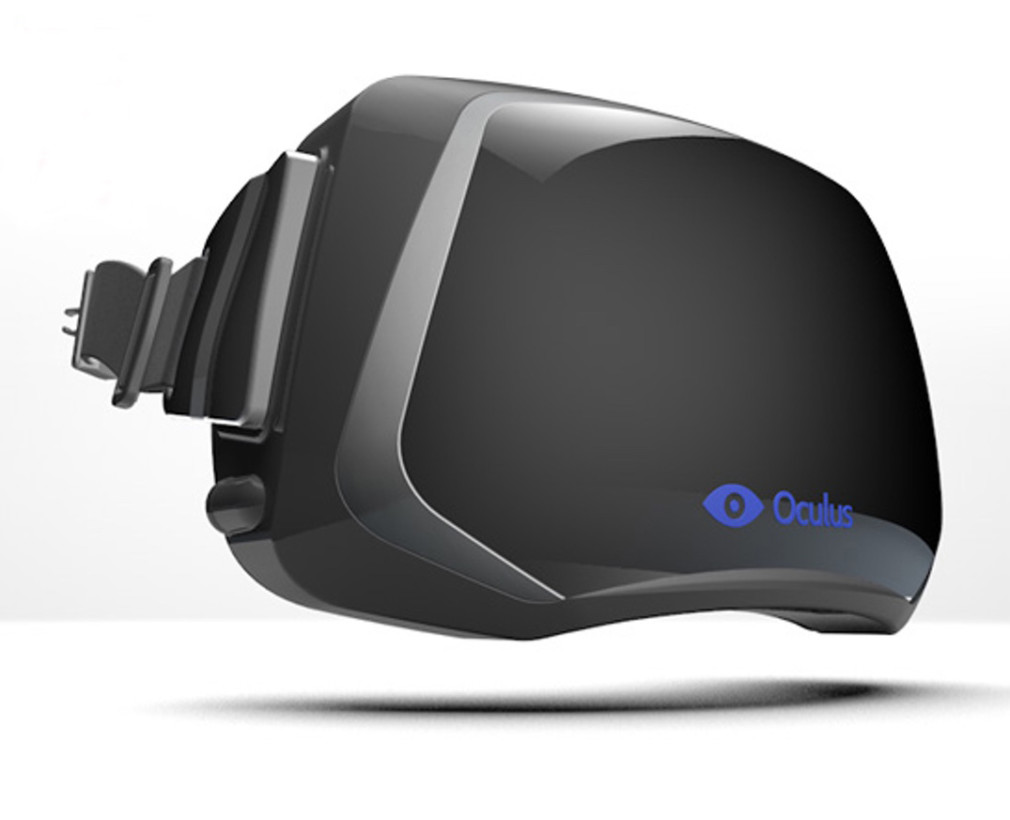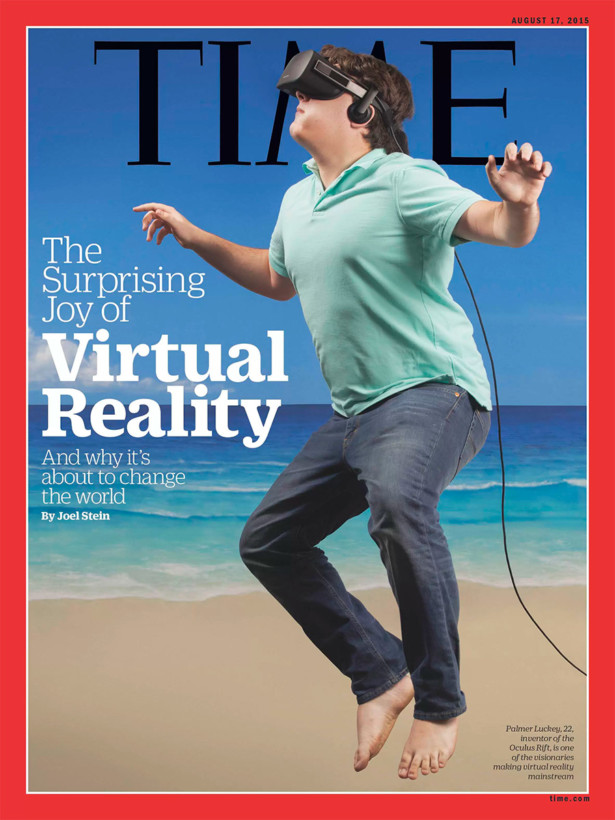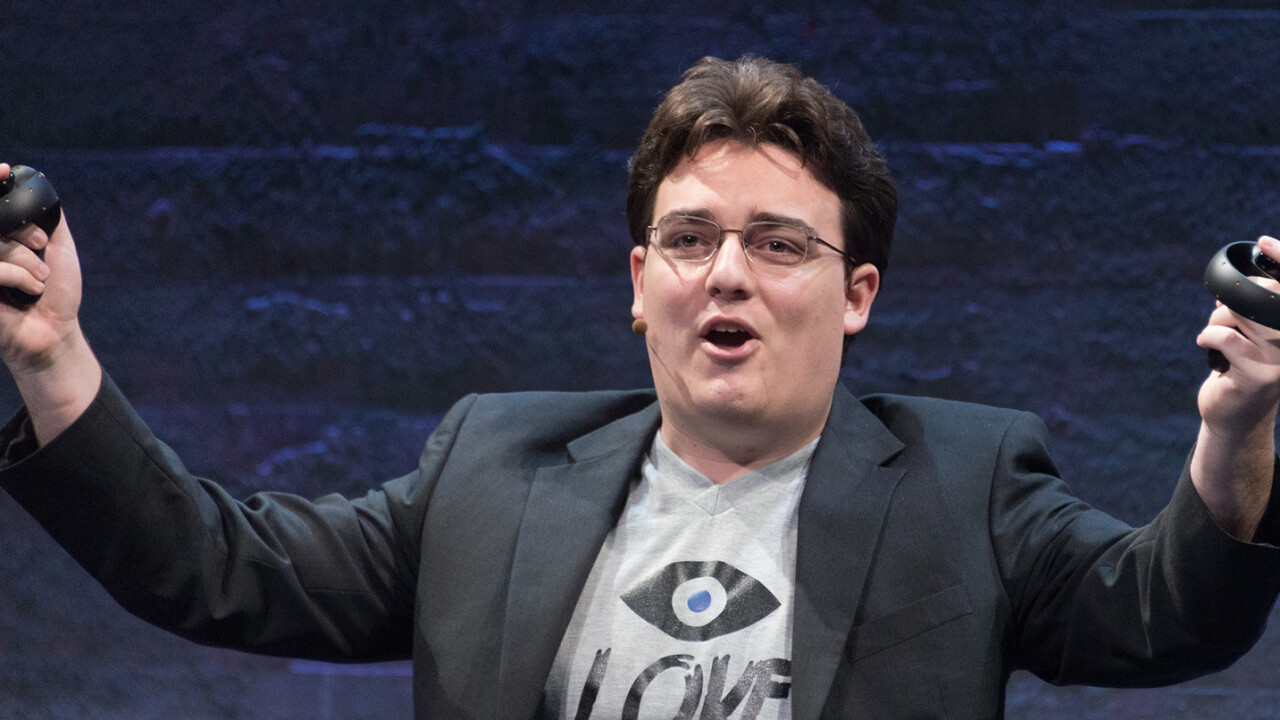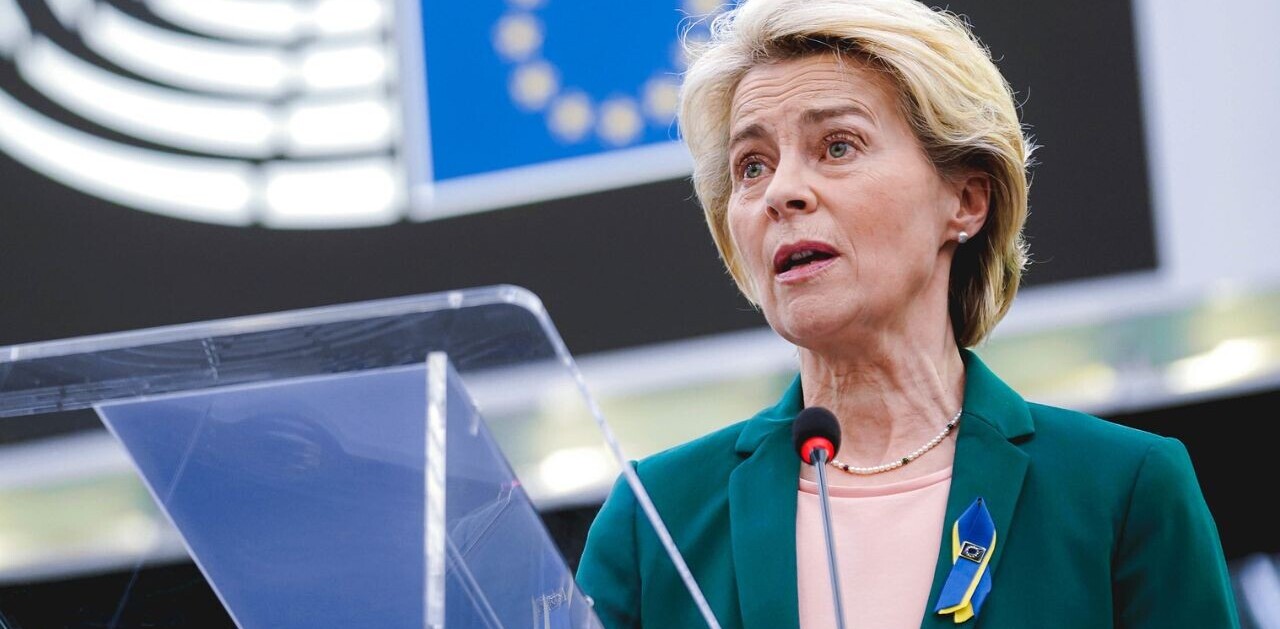At just 24, Palmer Luckey has gone through a lot more than most people his age: from creating class-leading VR hardware to selling his company to Facebook for billions, to making it to Forbes’ 2016 list of the wealthiest Americans under 40, to launching a startup that’s invested in surveillance technology for border security. So how did he get here?
It’s been a wild ride, to say the least. While being homeschooled and subsequently attending California State University, Long Beach, Luckey demonstrated a deep interest in cutting-edge hardware. He is said to have begun experimenting with VR at 17, tinkering with headset prototypes in his parents’ garage with a view to solve issues of high latency and cost.
Bringing VR dreams to life
By 2012, Luckey was ready to take his ideas to the next level. He launched a Kickstarter campaign to fund his effort to build developer kits of the Oculus Rift headset, and started a company to go with it.

Luckey raised more than $2 million from nearly 10,000 backers at the time, promising an unparalleled gaming experience for hardcore players. Oculus even collaborated with legendary gaming studio id Software to show off a VR edition of Doom 3 BFG Edition at the prestigious E3 expo that year. The company also managed to sign up Scaleform CEO Brendan Iribe to run the business.
By March 2013, Oculus had begun to ship the first 10,000 development kits it had promised to backers of its crowdfunding campaign at $350 apiece. The company subsequently raised money to the tune of over $90 million, hired id Software’s John Carmack as its CEO and partnered with Valve in developing VR tech.
Then, it happened: In March 2014, Facebook acquired Oculus for $2 billion, with a view to pursue not only gaming in VR, but other applications like video, education and healthcare.
Coming undone
Naturally, Luckey became the poster child for VR and appeared on Time Magazine’s cover in August 2015. His company had unveiled the consumer version of the Rift headset and announced a Q1 2016 release date. But the following year, while Oculus’ go-to-market efforts were going strong, things began to fall apart for Luckey.

In September 2016, a story about Luckey funding a pro-Trump non-profit organization called Nimble America began doing the rounds. Luckey, estimated by Forbes to be worth $730 million at the time, had donated roughly $10,000 to the group that put up Anti-Hillary Clinton billboards in the US ahead of the presidential elections.
Backlash from Luckey’s move spread to affect Oculus as well. And while he described himself as a libertarian, he donated $100,000 to Donald Trump’s inaugural committee through a shell corporation. In democrat-friendly Silicon Valley, the move may likely have alienated Luckey a fair bit.
The great deception
Luckey’s troubles with Oculus began this January, when ZeniMax — the parent company behind game studios like Bethesda and id (where Carmack joined from) — claimed that the young entrepreneur’s origin story was bogus, that Carmack had stolen thousands of files from the company and used them to develop the Rift.
By February, ZeniMax had won the case it brought against Oculus in court, and was awarded half a billion dollars for violating an NDA, infringing a copyright and for false designation on Luckey’s and Iribe’s part. It’s possible then, that the tale about Luckey fashioning a Rift in his parents’ garage may not have been entirely true. By the end of March, Luckey had left Facebook.
One door closes…
So, what now? Luckey has his sights set on the defense industry. He confirmed to the New York Times that he’s building a new startup that’s focused on surveillance technology to monitor borders.
The idea is use Lidar and infrared sensors, as well as cameras and smart software to detect people crossing borders or other secure perimeters (like military bases), as well as drones. According to the NYT’s sources, the hardware can be mounted on telephone poles, so as to set up a ‘virtual border wall’ at a far lower cost than building a real wall like the one President Trump has shown enthusiasm about.
PayPal co-founder and outspoken Republican Peter Thiel is believed to be interested in investing in Luckey’s new venture. What’s more, There have also been reports about Luckey having met with President Trump’s chief strategist Stephen Bannon, as well as with the US Secretary of the Interior, Ryan Zinke.
It seems that Luckey is steadily crafting a path towards supporting political efforts he aligns with. With his new company already at work with a small number of employees in a facility in Southern California, it’s likely that he’ll be in the news again fairly soon.
Get the TNW newsletter
Get the most important tech news in your inbox each week.





